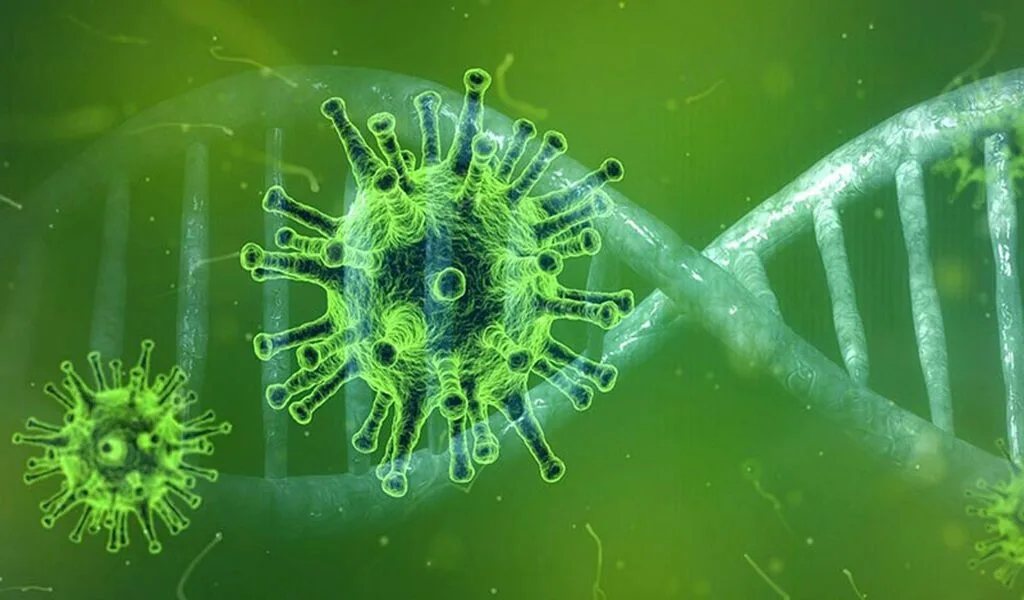- There have been people who haven’t tested positive for Covid-19 despite the pandemic lasting more than two years
- It seems that no single answer has been found to explain why this is the case, but scientists are trying.
As the infections increased in frequency, they hit even closer to home. Many of their friends, as well as their children, grandparents, and colleagues, also contracted the novel coronavirus. It seems that the lucky ones who have been spared from Covid-19 have run out of luck.
The highly transmissible variant of Omicron caused a wave of infections that – now subsiding – did not necessarily lead to infection with Covid-19. They have not knowingly contracted the disease during the nearly two-year pandemic.
MUST READ: Omicron and the BA.2 Subvariant: What We Know
You will hear all sorts of suppositions when you ask them why. Dr Ulf Dittmer, director of the Institute of Virology at Essen University Hospital in Germany, says regular long underground trips may build your immunity by repeatedly exposing you to small viral loads.
Covid precautions are sometimes attributed to the lack of prior infection in people who are not previously infected. Some people take advantage of the fact that they did not contract the virus from a contact who later tested positive or while they were partying at a club.
There are still others who wonder if they had an asymptomatic infection that wasn’t detected, for instance before widespread screening was available. Alternatively, they may have had symptoms but were negative because the sample was collected improperly or at an inopportune time.
MUST READ: More Covid-19 News
There are deeper scientific explanations, but no single definitive answer to why some people are still unable to catch Covid. Multiple factors may contribute to this.
Infectious diseases and respiratory medicine director Dr Leif Erik Sander of Charité University Hospital in Berlin says that several hypotheses are plausible.
A significant number of Covid infections go largely or completely unnoticed, so it is important to remember this. Approximately 40 percent of people with a confirmed Covid diagnosis were asymptomatic when the test was conducted, according to a meta-analysis published late last year in JAMA Network Open (Journal of the American Medical Association). Nearly 30 million people participated in 95 international studies that led to the findings.
Detecting infections clearly depends on the frequency of testing. Without regular testing, there’s a greater likelihood you won’t discover mild or asymptomatic infections. In addition, your genes can contribute to the development of Covid-19.
A person can’t easily contract malaria or HIV (the virus that causes Aids), for instance, due to genetic characteristics. Sander adds that Sars-CoV-2 may also exhibit this trait in certain grades, but genetic factors aren’t fully understood.
MUST READ: Omicron BA.2.12.1: Everything You Need To Know About These Dangerous Sub-Variants
HLA (human leucocyte antigen) molecules help direct the immune system’s response to pathogens such as Sars-CoV-2, according to virologist Dittmer. Furthermore, a person’s blood group affects not only disease severity but also their susceptibility to virus infection.
Vaccinations provide a significant level of protection that is often overlooked. Although your blood level of antibodies that bind to and neutralize coronaviruses declines after receiving a vaccine, Sander says that “protection remains significant for months.” It also helps reduce infections.
The immune response to Covid vaccines varies from individual to individual.
He suggests that vaccination in combination with a previous infection with one of the four endemic common cold coronaviruses might also play a role.
A specific subclass of antibodies has been found to protect effectively against a novel coronavirus infection, according to Dittmer.
Despite this, they will not know whether these antibodies are present until they are measured, he says.
According to Sander, children who get Covid tend to have either no symptoms or only mild ones because they have an innate immune system that’s strong compared to adults’. They are “preactivated.
The phenomenon of being less susceptible to infection after getting an infection for a few days is also worth mentioning. According to Sander, this can be attributed to interferons, which are protective proteins that protect mucous membranes from Sars-CoV-2, reducing susceptibility to it in that time window.
A recent study from Sweden also found that some people’s immune systems may be capable of eliminating the virus very quickly: “T-cells [a type of white blood cell] were detected in people who did not test positive for the virus after contact with infected household members – confirming that the immune system was indeed fighting Sars-CoV-2 even when an infection or antibodies were not detected.” So what do we conclude? You may already have a Covid infection even if you think you have escaped it. Maybe your success was due to temporary circumstances, an unexplained genetic defect, or just dumb luck.
Sander warns that just because you have not had Covid yet doesn’t mean you’re forever safe. Changing circumstances, such as a new Coronavirus variant, can totally change the situation.






